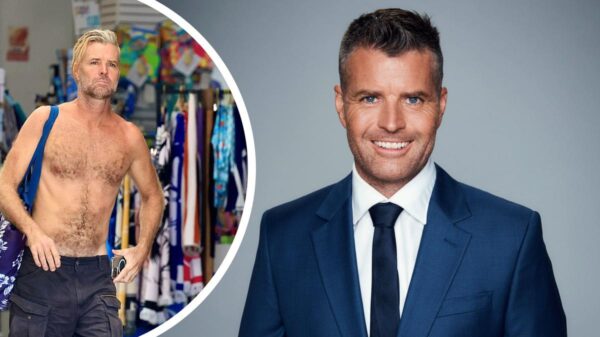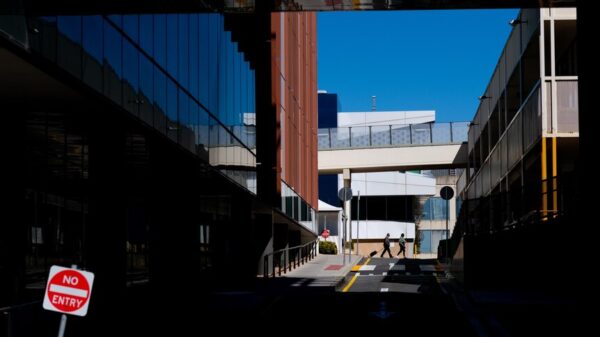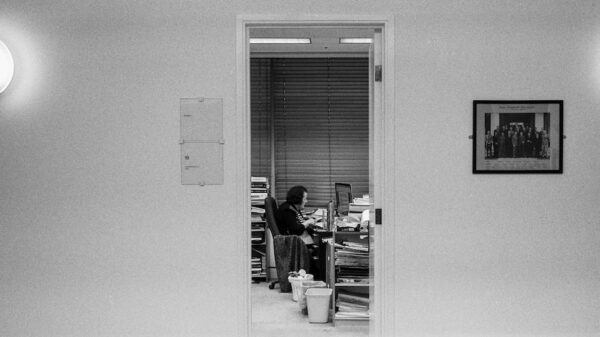Anthony Albanese, the Prime Minister of Australia, faced unexpected challenges during his recent diplomatic mission to Vanuatu. The primary goal of this visit was to secure a significant agreement aimed at countering China’s increasing influence in the Pacific region. However, the mission did not achieve its intended outcomes, raising questions about Australia’s strategic positioning in the area.
Albanese’s visit, which occurred in late July 2023, was intended to solidify alliances with Pacific nations, particularly in light of recent concerns about China’s growing footprint in the Solomon Islands and other nearby territories. The agreement aimed to enhance cooperation on security and economic development, focusing on infrastructure projects that could counterbalance Chinese investments.
Despite initial optimism, the discussions in Vanuatu did not lead to a formal agreement. Sources familiar with the negotiations cited a lack of alignment on key issues, particularly regarding the terms of investment and the future roles of both nations in regional security. The Australian government had hoped to present a united front at the upcoming Pacific Islands Forum, where discussions surrounding regional security and economic resilience are central.
The failure to secure a deal in Vanuatu reflects broader geopolitical tensions in the Pacific. China’s recent activities, including the signing of a security pact with the Solomon Islands in April 2022, have alarmed Western powers. This pact allows Chinese naval vessels access to the islands, prompting concerns about military expansion in the region. In response, Australia has been working to strengthen its relationships with neighboring countries to ensure a cooperative approach to security.
Observers noted that the Vanuatu mission showcased the challenges Australia faces in navigating its foreign policy within a rapidly changing geopolitical landscape. The Australian government’s efforts to counter China’s influence require not only strategic partnerships but also a nuanced understanding of local dynamics in Pacific nations.
Additionally, Vanuatu has historically maintained a delicate balancing act between engaging with both Australia and China. The nation has benefited from Chinese investments in infrastructure but also looks to Australia for support and security guarantees. This balancing act complicates negotiations, as Vanuatu’s leadership seeks to maximize benefits from both sides.
The upcoming Pacific Islands Forum, set for September 2023, will be a critical moment for Australia to reassess its strategies. With regional leaders increasingly wary of China’s intentions, Australia must demonstrate its commitment to being a reliable partner. The forum will likely address the need for enhanced cooperation on climate change, economic development, and security, areas where Australia can assert its influence.
While the Vanuatu mission did not yield the desired results, it highlights the importance of diplomacy in the current geopolitical climate. As nations navigate their interests in the Pacific, the ability to foster genuine partnerships will be paramount.
In summary, the challenges faced by Prime Minister Albanese in Vanuatu underscore the complexities of international relations in the Pacific. As Australia seeks to bolster its presence in the region, the need for effective, strategic engagement is more critical than ever. The outcomes of the upcoming forum may provide further insights into how Australia plans to position itself against rising global competition, particularly from China.



































































